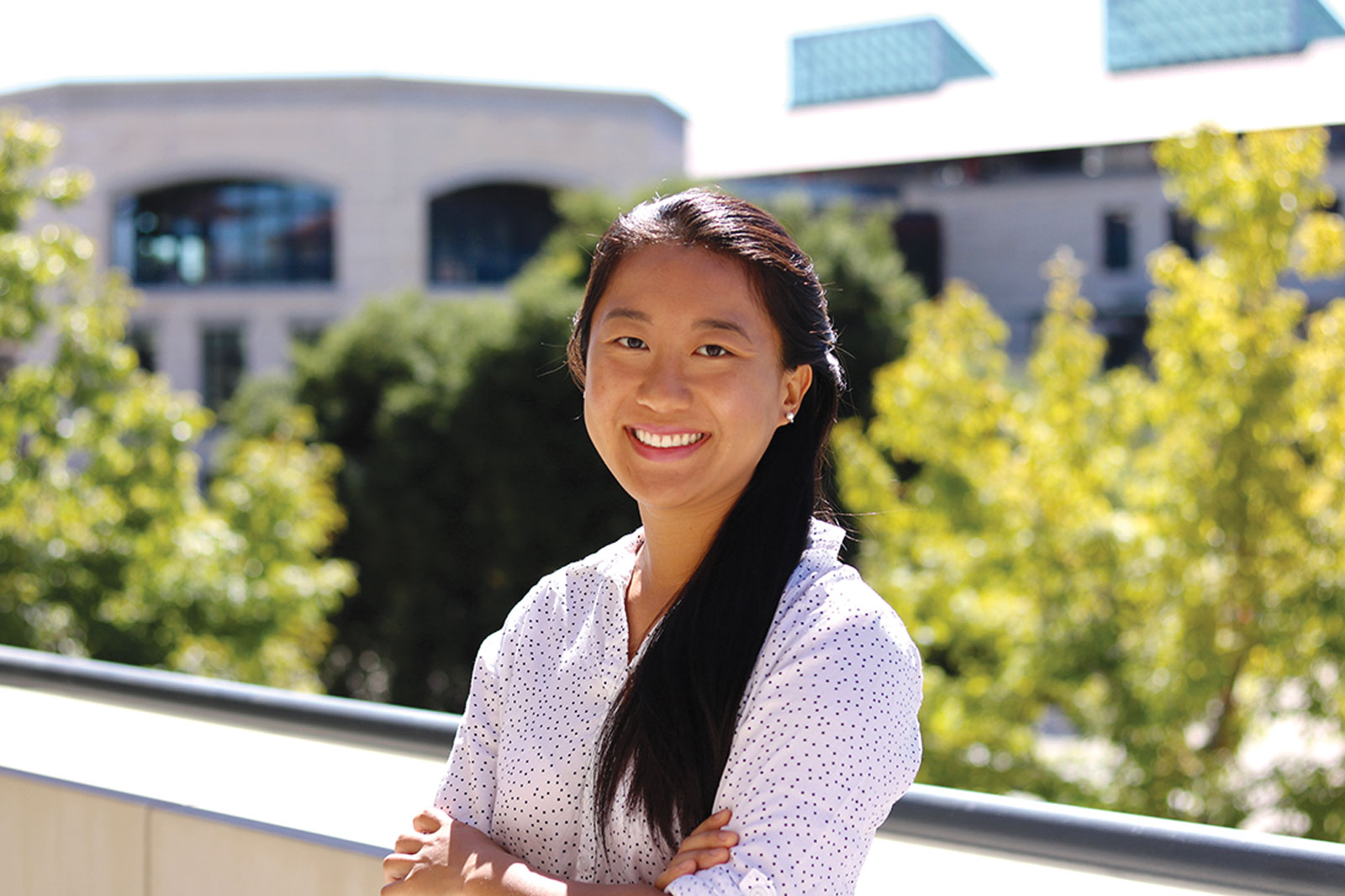My day as a double major
Even at MIT, sometimes less is more.
In the fall of my junior year, after almost two years of debating, I finally decided to supplement my major in mathematics (Course 18) with a second major in computer science (Course 6). It would be stressful, but what is college if you don’t push your limits?
The process was surprisingly simple. After I signed a form and picked a Course 6 advisor from a list of names, I just needed to get signatures from my two advisors. While nervous about the mountain of work ahead, I was elated by the thought of mastering computer science—and being able to call myself a double major.
It’s often said MIT is like drinking from a firehose. We students believe that the stronger the rush of water, the better. Given the option of doing more, the answer is always yes. The more work—or fun—you can handle, the more respect people have for you.
This story is only available to subscribers.
Don’t settle for half the story.
Get paywall-free access to technology news for the here and now.
Subscribe now
Already a subscriber?
Sign in
The meeting with my Course 18 advisor went smoothly, and I was excited to meet my Course 6 advisor. After packing my backpack that morning, I paused to check for the form. Everything was in order.
Later that morning, I navigated through the maze of the Stata Center to the professor’s office, took a deep breath, and knocked.
The professor was the very image of a wise advisor, dressed in a casual white shirt and blue pants. His hair was gray, and his eyes twinkled sagely behind metal-rimmed glasses. I inwardly congratulated myself for picking the ideal person randomly from a list. After introducing myself, I blurted, “Can you sign my form for double-majoring?”
He nodded, and I reached into my backpack, fumbled around, and froze. The form wasn’t there.
“Sorry! I swear I brought it!” I went back to digging through my backpack.
“Why do you want to double-major?” the professor asked. Flustered, I babbled, “The skills that Course 6 teaches are extremely useful and practical in all domains. I’m currently Course 18, and many of the courses I’ve taken are … um … helpful for Course 6. Only a couple more classes are needed … and uh … yeah, it makes sense.”
He wasn’t convinced.
“When I was a student, I didn’t double-major or take many classes,” he began. “I was very involved in my lab. I would grab coffee with my advisor and lab mates to debate topics from research to life. To this day, we still keep in touch.”
I was confused, so he continued.
“For me, that was more rewarding than classes. The group got me into research, and we built meaningful, lifelong relationships. One of the greatest things about a place like MIT is the labs doing fascinating research; it’s an amazing opportunity for students to explore anything that interests them. Sometimes the lessons you learn through people are more valuable than what classes you take and what degree you receive.”
Was he saying the decision I’d agonized over for two years was terrible? I suddenly felt offended.
“I can sign the form any day,” he said. “But what do you want out of your undergraduate career?” His friendly smile was my cue to leave.
What did I want out of my undergraduate career? I hadn’t thought about that since freshman year. Classes and clubs took over; I was too busy keeping busy with the culture of “staying busy,” doing what I thought I should instead of what I wanted.
Honestly, I had no idea if I wanted to double-major. It was “convenient” and would put me into my fictional class of “successful” students.
But what the professor said resonated so deeply with things I’d forgotten that I suddenly couldn’t forgive myself for forgetting them.
Back in my dorm, the form sat mockingly on my desk. I decided not to file it right away. Instead, I began searching through labs. A few weeks later, I joined one focused on predictive analytics and started an amazing research project. The form lay forgotten in a drawer.
I’d like to say that I went back to the professor and thanked him for changing my life. Sadly, I didn’t.
But on my graduation day, I was truly elated and satisfied. And I have my would-be Course 6 advisor to thank for it.
